

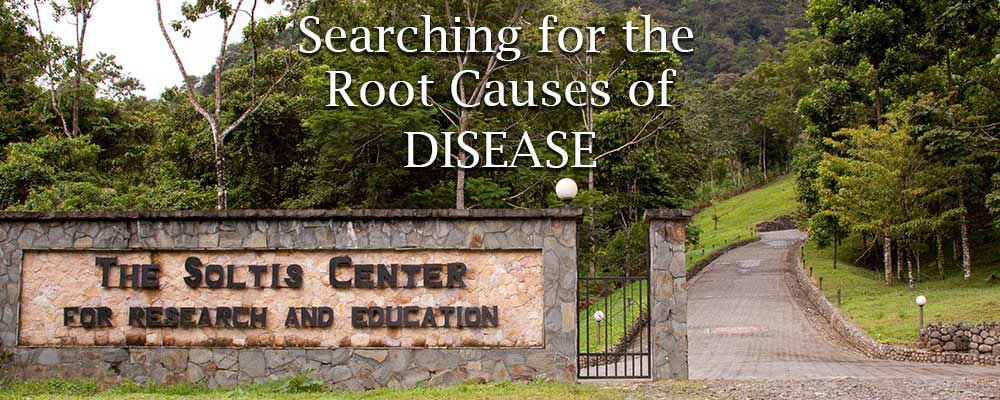
Conservet Costa Rica is an on-site conservation medicine veterinary externship that engages human, animal, environmental health professionals and students in considerations of planetary health, including ongoing research investigations, aimed at better defining the drivers of global health and health dysfunction that frame the concept of One Health.
Public health is dependent on understanding how human health intersects animal and planetary health, exemplified by (but not limited to) zoonotic and infectious diseases. Collaborative efforts between veterinary and human medical professionals, along with those from many other disciplines, are needed to safeguard not only the public heath, but also that of the environment on which public health depends.
Since populations often form the units of concern in environmental decline, basic epidemiological concepts, including an introduction to the concepts of geographic information systems, will be presented in individual workshops during the veterinary externship that enable a description of health dysfunction and the development of appropriate interventions available for the ecosystem health practitioner.

Hands-on Immersion in Field Study Methods
Taught by Environmental Biology and Medicine Professionals
This externship examines a One Health approach to animal veterinary and human medicine and seeks to bring together professionals across a variety of disciplines. Applicants from multi-disciplinary professions who are seeking to widen their reach to conservation and public health medicine concepts in the context of montane forest ecosystems of rural Costa Rica are invited to apply.
The instructional format of this global health veterinary externship includes preparatory lectures, labs, group discussions and problem-solving exercises, combined with hands-on immersion in field study methods that examine the complexities of environmental functions and services, as well as the consequences that can result when natural processes are disrupted.
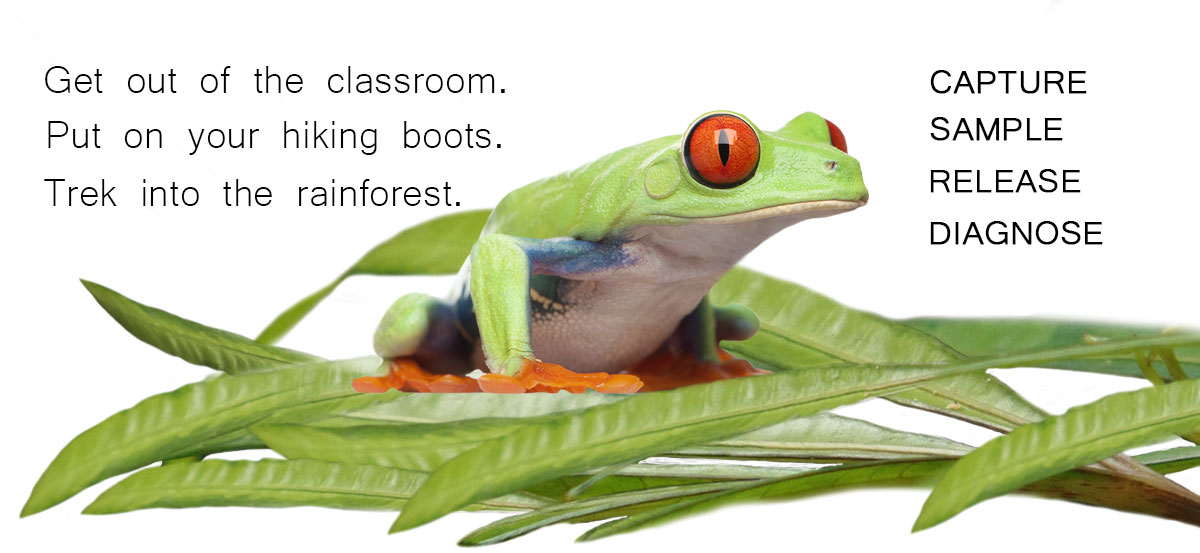
General Externship Information
In the Study of the Animal-Human-Ecologic Health Connection
DATE: July 9-22, 2023 (inclusive of San Jose arrival and departure dates)
COURSE LOCATION: Texas A&M University Soltis Center
LOCATION: Near San Isidro Peñas Blancas, Costa Rica and Children's Eternal Rainforest in the northern central highlands region
EXTERNSHIP PACKAGE INCLUDES:
FREE DAY: There will be one free day for optional activities (not covered by tuition)
ACADEMIC CREDIT:
CLASS SIZE LIMIT: 10 students
* * *
APPLICATION DEADLINE: May 30, 2023
Questions? Contact us at info@conservet.org
Join Conservet in Ongoing Research Projects
As We Search for Disease Prevention
Conservet considers the complexities that can compromise effective and sustainable solutions to global wellness by not only exploring the science available to define veterinary and public health problems but also the difficulties in formulating policies that allow scientific knowledge to be effectively applied. To accomplish this, workshops move beyond the more traditional passive didactic classroom formats to create a highly participatory educational environment to provide professional students with the most effective learning platform. Ongoing projects include the following:
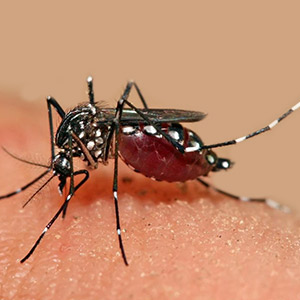
Capture and identification of local mosquito populations in relation to flavivirus vectoring
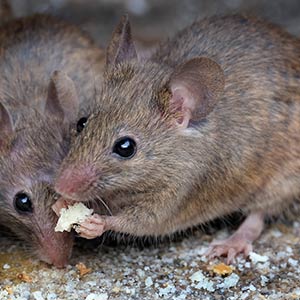
Trapping and examination of rodents for parasites and blood profiling
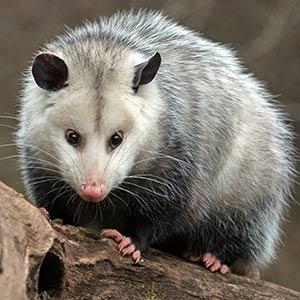
Capture and testing for carrier states of trypanosomes in opossums
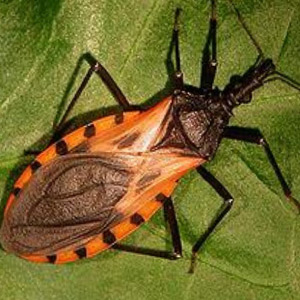
Capture and testing of triatomine bugs as vectors of Chagas disease
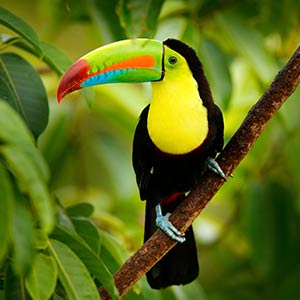
Capture, identification and sampling of wild and domestic bird species for avian influenza using cloacal and tracheobronchial swabs
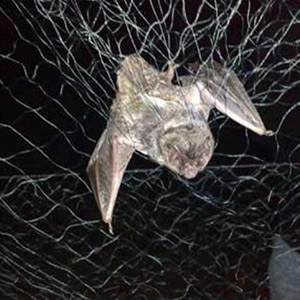
Capture, identification and sampling of bat species for external parasites and population demographics
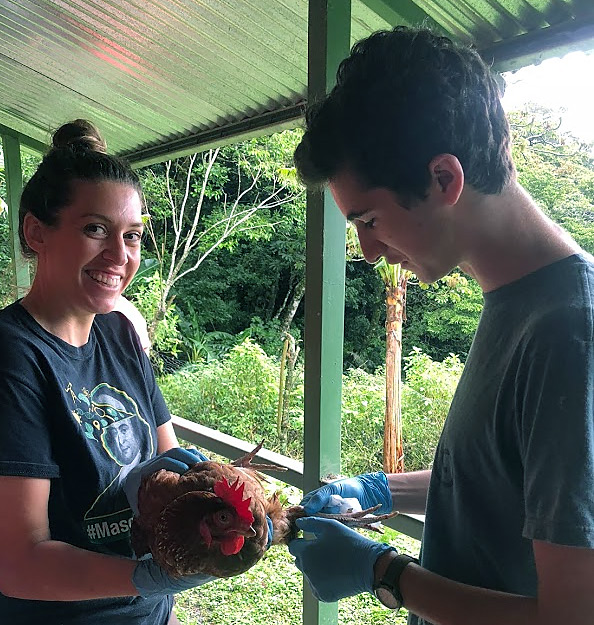
Testing local livestock species (e.g., ruminants, horses and poultry) for parasitic and infectious exposures
Regenerative Agriculture
The regenerative agriculture approach, an important One Health component, seeks to work with, rather than against, natural processes, with the twin goals of sustainability and resiliency. The regenerative agriculture model incorporates more diversity of crops and animals to build healthy soils that can grow nutritious foods while reducing the need for expensive and ecologically harmful inputs such as fossil fuels, fertilizers, pesticides, herbicides and antibiotics. Healthy, organic soils have also been shown to capture atmospheric carbon, serving to mitigate greenhouse gas contributions to climate change.
Farm animal production in the regenerative model recognizes the value of sound animal husbandry and welfare practices that are central to sustainable veterinary principles.
Since the practice of global medicine very often encompasses socioeconomic dimensions, workshops underscore the need to work across professional disciplines to meet the challenges inherent in establishing protocols that mitigate illness in a context where conflicts of interest can disrupt ecosystem stability.
If you are interested in learning about One Health conservation medicine, complete the Conservet application.
Once we receive your application, we will contact you to provide you with more information.

Conservation Veterinary Medicine
Animal, Human and Environmental Health Connection